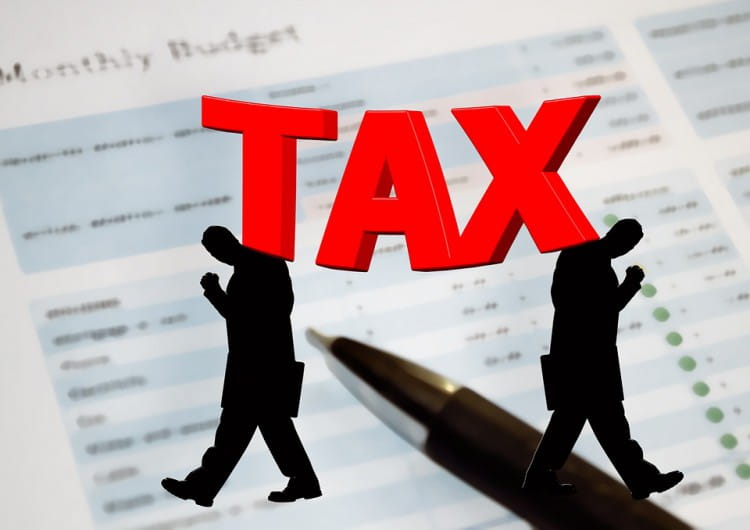
With the rise in income, the tax also rises, and taxpayers may realize that they are losing almost all or a major chunk of their income rise in taxes. At this stage, tax planning becomes crucial to channelize the hard earned monies into tax saving instruments.
Income is taxed not on the gross income but on the taxable income. Taxable income figure is arrived at by deducting the tax exempted item amounts from this total income figure. The Indian Income tax laws provide several exemption options and availing these can reduce the taxable income base.
- Tax Exemptions under Section 80 C Of The Income Tax Act.
Income tax payers can avail tax exemption up to Rs. 1.5 lakh in one financial year by channelizing their monies in the tax exempted items mentioned in section 80 C of the income tax act.
These items include PF and PPF savings, pension funds, special scheme savings (like Sukannya Samriddhi and senior citizen schemes), tax exempted administered funds (like mutual funds and ELSS), Life insurance, principal amount payment of home loans. Intelligent tax planning calls for planned investments in such tax saving instruments. People who invest in NSS can claim additional Rs 50,000 deduction as per newly introduced tax regime.
There are various subsections under section 80 C like section 80 CC, 80 CCD and 80 CCG which mention separate instruments for tax savings. Section 80 CCG provides for additional deductions for investment in Rajeev Gandhi Equity Share Scheme.
- Tax Exemptions Under Section 80 D Of The Income Tax Act
Tax planning is also health planning. Section 80 D of the income tax act provides exemptions for taking health care policies. Individuals can file for up to Rs. 25, 000 tax exemption for self and family health policy. If senior citizen cover is also included in the health plan, then additional Rs 30,000 tax exemption can be availed.
Section 80 D comprises subsections like 80DD and 80 DDB with detailed provisions on tax saving health plans and health plan instruments that qualify for additional exemptions.
- Tax Exemptions Against HRA Or Rent Payment
The salary break-up of most employers includes a component called HRA or House rent allowance. HRA exemptions are the foremost considerations while tax planning. The exemption can be claimed on a minimum of the three: actual house rent allowance paid by the employer, 10% basic salary deducted from rent paid, or 40% of basic salary (50% for metro citizens). People who do not have HRA component can claim exemption on rent paid amount.
- Tax Exemptions For Interest Payment On Home Loans
Home loan interest payers are eligible up to Rs. 2 lakh tax exemption under the income tax act. Due to this huge chunk of exempted tax and owning a house being a basic need, house purchase financing is an important aspect of tax planning. Most home buyers prefer to buy homes on monthly EMI basis for long term tenure due to the tax benefits available against the interest payments.
- Tax Exemptions Under Section 80 E Of The Income Tax Act
Education funding can become an important part of tax planning because the government is offering heavy tax reliefs on education loans sourced from authorized lending institutions and banks for availing higher education in recognized domestic and foreign institutions for self, spouse, family member or any person under legal guardianship under section 80 E of the income tax act.
Tax exemption is applicable on education loan interest payment and not on education loan principle amount and deductions can be availed for eight years. There is no maximum limit of the applicable deduction amount and the entire interest paid towards education loan repayment can be deducted.
- Tax Exemptions Under Section 80 G
Philanthropy can also be linked to tax planning. Under section 80 G tax exemption can be claimed for donations made to charity.
- Tax Exemptions For Capital Gains On Sale Of Assets And Equity Shares
Long term capital gains realized from the sale of long term assets (assets held for more than three years) can be exempted from taxation if proceeds are invested in specific instruments.
Proceeds of equity shares held for longer than a year are exempted from taxation. 15 % tax is applied for proceeds on equity shares sale held for lesser than a year
- Tax Exemptions For Travel Expenses
Travel expenses or LTA incurred for self and family can also be deducted from gross income to reduce the taxable income. In four years concession on two LTAs can be claimed.
